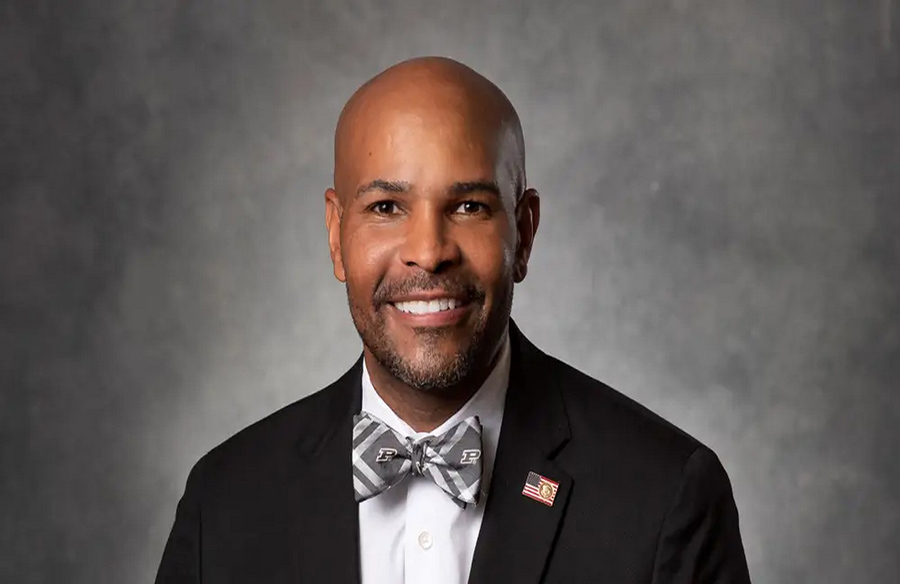Dr. Jerome Adams, the former US surgeon general, recently found himself grappling with a significant medical bill, shedding light on the challenges many Americans face within the healthcare system.
Unexpected Medical Expense
Adams revealed that he received a bill of nearly $5,000 after seeking treatment for dehydration at a Mayo Clinic emergency department in Scottsdale, Arizona. Despite his familiarity with the healthcare system’s complexities, Adams was taken aback by the hefty bill, prompting him to emphasize the broken nature of the system.
Lack of Price Transparency
One of the key issues highlighted by Adams is the lack of price transparency in healthcare. Patients often have no prior knowledge of the costs associated with medical visits, making it impossible to shop around for affordable care, especially in emergency situations. Adams stressed that this opacity contributes to the widespread problem of medical debt among Americans.
Challenges with Medical Debt
Adams underscored the broader issue of medical debt in the US, affecting millions of individuals and often leading to personal bankruptcy. Despite being enrolled in a high-deductible health plan, Adams faced significant out-of-pocket expenses, reflecting the growing trend of employers shifting healthcare costs to employees.
Advocacy for Clarity and Reform
Adams called for greater clarity regarding medical bills and patient options, emphasizing the need for transparency to alleviate fears and encourage timely medical care. While legislative measures like the No Surprises Act aim to address unexpected medical bills, Adams stressed the importance of broader reforms to ensure fair and transparent healthcare pricing.
Personal Impact and Concerns
Reflecting on his own experience, Adams expressed gratitude for his financial stability but voiced concern for individuals less fortunate who could face dire consequences due to medical bills. He highlighted the difficult choices many Americans are forced to make between paying medical expenses and meeting other financial obligations, such as education costs for their children.
Call for Systemic Change
Adams’ encounter with the healthcare system serves as a poignant reminder of the urgent need for systemic reforms to address the pervasive issues of cost, transparency, and accessibility. As discussions surrounding healthcare reform continue, Adams’ story adds a personal dimension to the broader debate on improving the nation’s healthcare infrastructure.




Leave a Reply